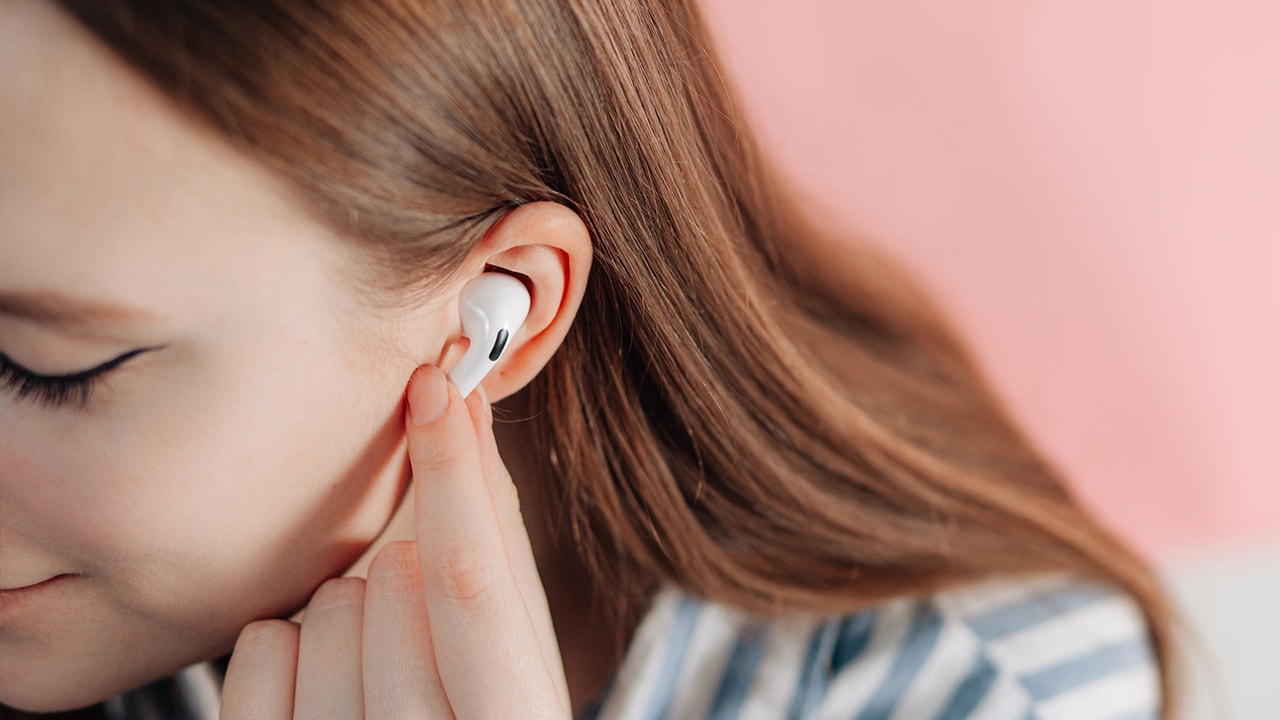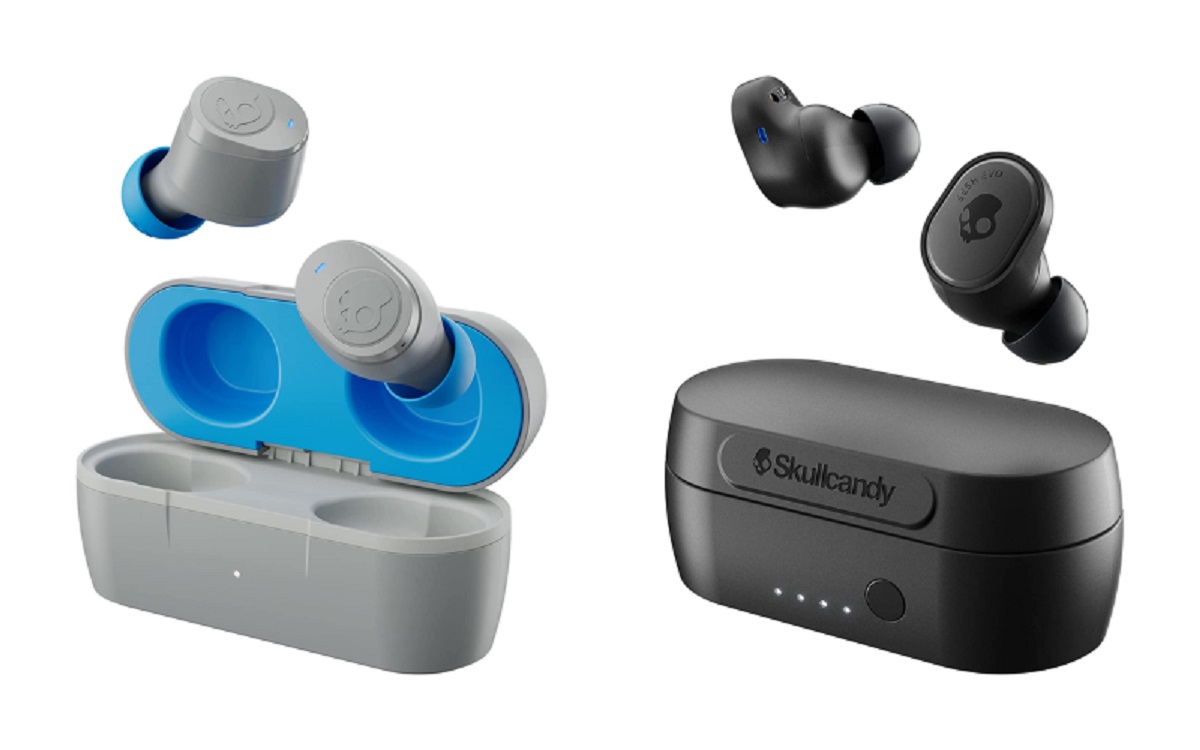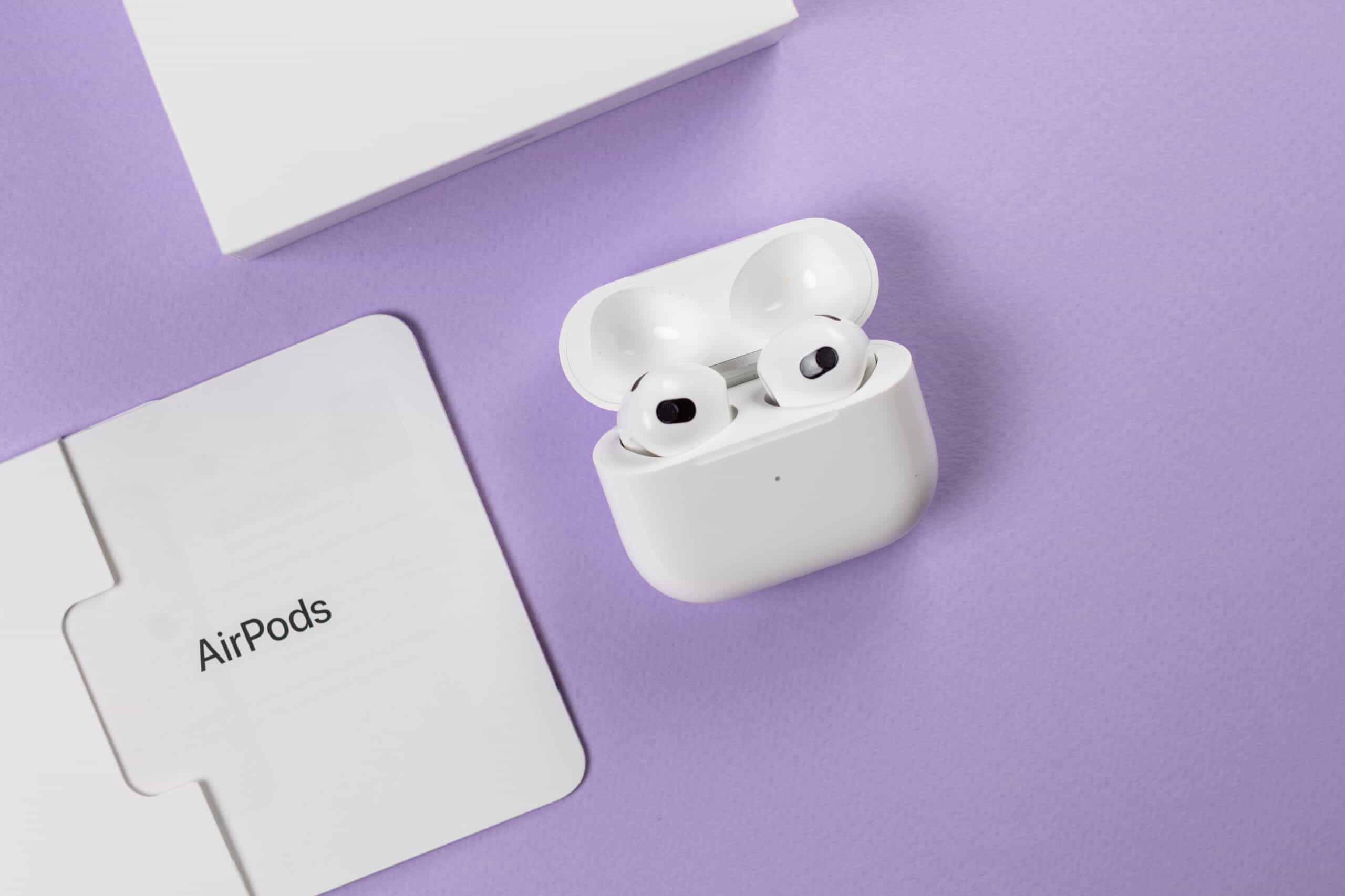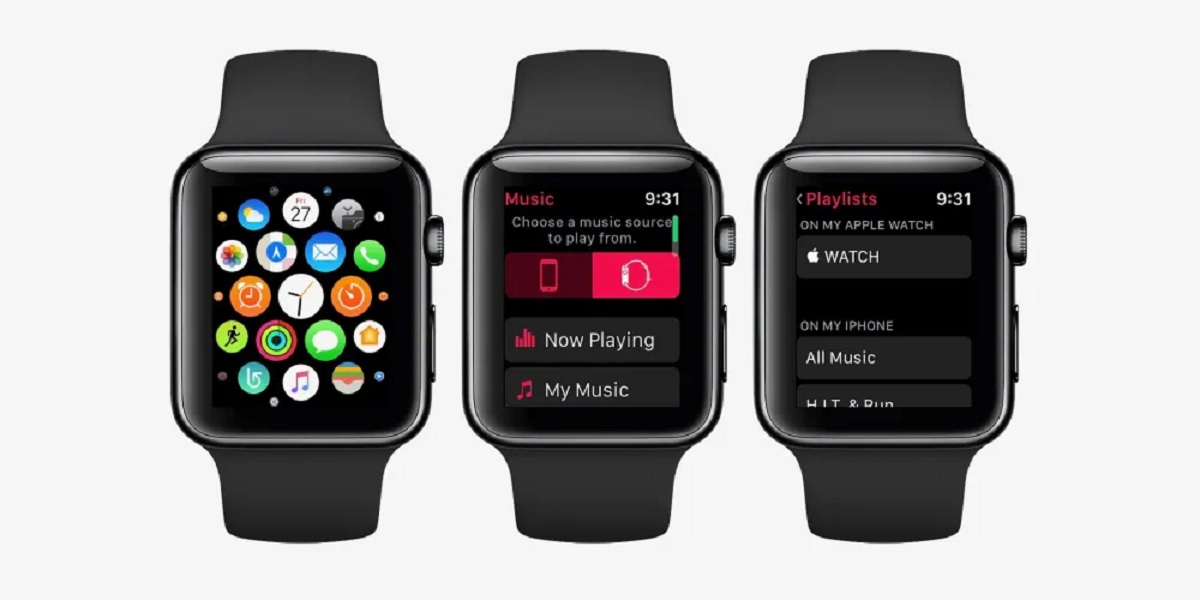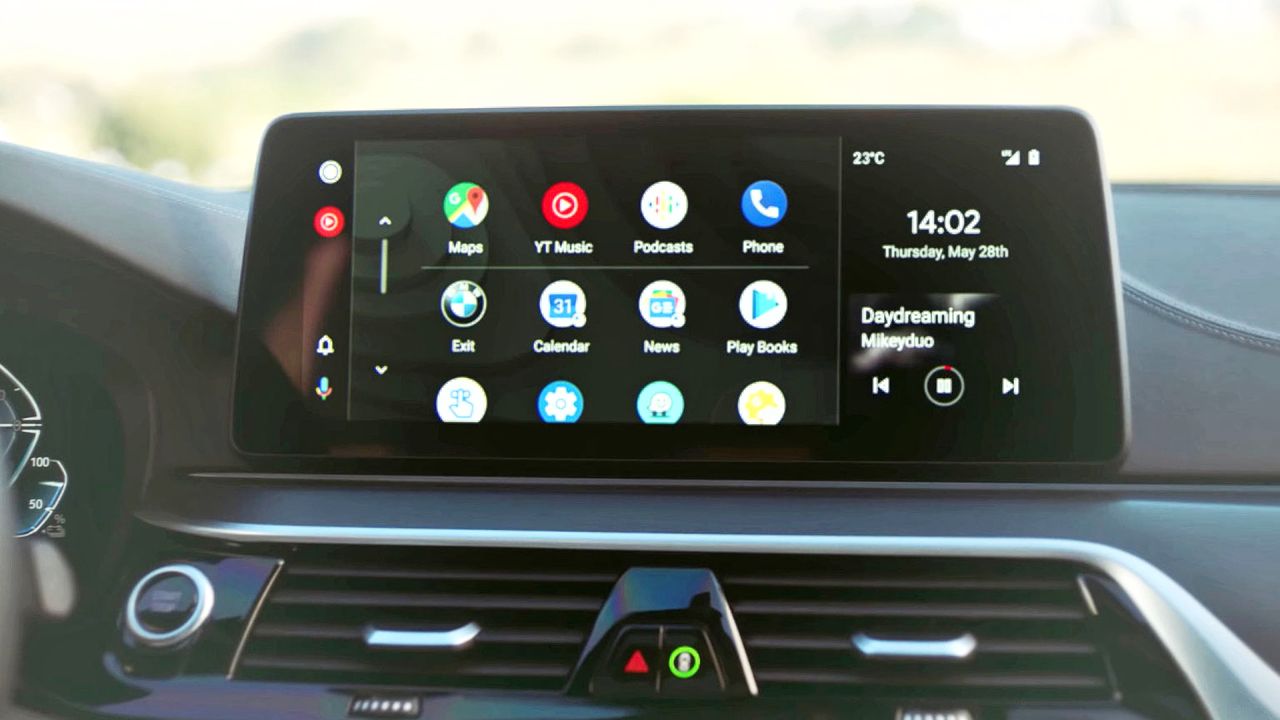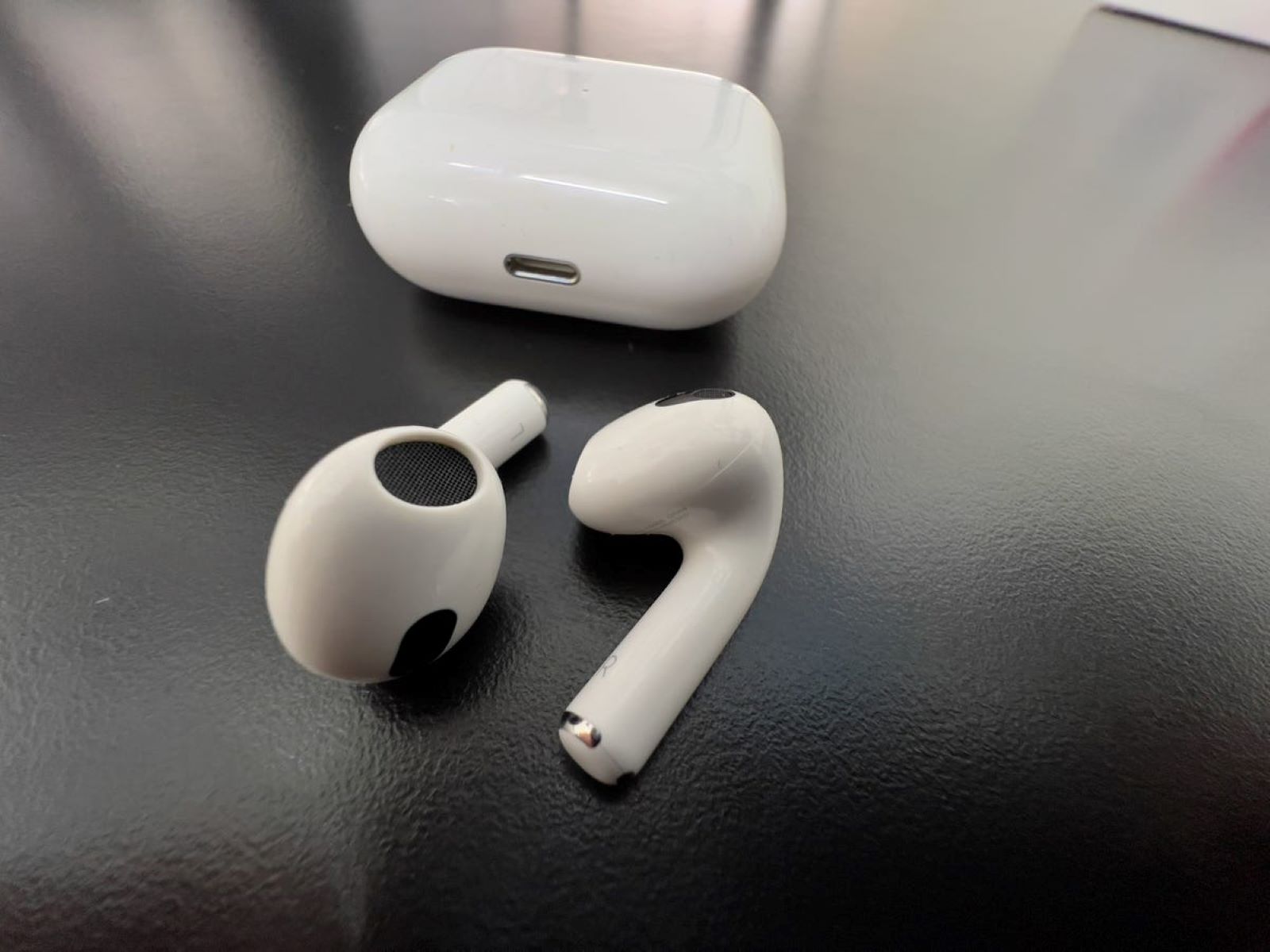Introduction
Have you ever experienced the frustration of your iPhone automatically playing music as soon as it connects to a Bluetooth device? It can be quite annoying, especially if you’re in a quiet environment or simply not in the mood for music. The good news is that you can stop this auto-play feature and regain control over when and what plays on your iPhone.
By default, iOS is programmed to automatically start playing music whenever it detects a Bluetooth connection to a paired audio device such as headphones, speakers, or even your car’s audio system. This can be convenient at times, but it can also be inconvenient or undesirable in certain situations.
Fortunately, there are several methods you can try to prevent your iPhone from automatically playing music when connected to a Bluetooth device. In this article, we will walk you through step-by-step instructions to disable this auto-play feature. Whether you’re tired of sudden music interruptions or simply prefer to have more control over your device, these methods will help you regain control and have a seamless audio experience.
Before we delve into the specific methods, it’s important to note that the process may vary slightly depending on the version of iOS you are using. However, the overall concept remains the same regardless of the iOS version on your device. Let’s explore these methods one by one to regain control over your iPhone’s audio playback.
What Causes the iPhone to Automatically Play Music When Connected to Bluetooth?
The iPhone’s automatic music play feature when connected to Bluetooth devices is a default setting in iOS. This feature is designed to provide a seamless audio experience by automatically playing the last audio source you used. While it can be convenient for some users, it can also be frustrating for others who prefer to have more control over their audio playback. Understanding the causes of this behavior can help you address the issue effectively.
One of the main reasons for this automatic play behavior is the iOS feature called “Autoplay.” Autoplay is a default setting designed to automatically resume playing media when reconnecting to a Bluetooth device that was previously used. It ensures that you don’t miss out on your favorite songs or podcasts when you switch between devices.
Furthermore, the settings and preferences for each audio app on your iPhone can also contribute to the auto-play behavior. Some apps have their own autoplay settings that override the general iOS autoplay feature. For example, if you were using a music streaming app and had enabled autoplay within that app, it would continue playing music even after connecting to a Bluetooth device.
Additionally, the “Recently Played” section in the Music app can also trigger automatic playback. When you connect to a Bluetooth device, iOS may interpret it as a cue to resume playing the last music or audio file you accessed through the Music app.
It’s important to note that the specific behavior may vary depending on the version of iOS installed on your device. Newer iOS versions may have additional features or settings that impact the auto-play behavior. Therefore, it’s always a good idea to keep your device up to date with the latest iOS version to benefit from any improvements or bug fixes related to audio playback.
Now that we have a better understanding of why the iPhone automatically plays music when connected to Bluetooth devices, let’s dive into the various methods you can use to disable this feature and regain control over your audio experience.
Method 1: Disable Autoplay from Settings
One of the simplest and most effective ways to prevent your iPhone from automatically playing music when connected to a Bluetooth device is by disabling the Autoplay feature from the Settings menu. Here’s how you can do it:
- Unlock your iPhone and open the “Settings” app from the home screen.
- Scroll down and tap on “Music” (for older iOS versions) or “Music” > “Playback & Downloads” (for newer iOS versions).
- Look for the “Autoplay” option and toggle it off to disable the feature.
Once you’ve disabled Autoplay, your iPhone will no longer automatically play music when connected to a Bluetooth device. You’ll have full control over when and what plays on your device.
It’s worth mentioning that disabling Autoplay from the Settings menu will apply globally to all audio apps on your iPhone. However, keep in mind that some apps have their own autoplay settings that may override the general iOS setting. To ensure complete control over autoplay, it is recommended to also check the autoplay settings within individual audio apps.
This method is compatible with most versions of iOS and provides a simple solution to disable the autoplay feature. Now, let’s move on to the next method to explore an alternative way to disable autoplay directly from the Control Center.
Method 2: Disable Autoplay from Control Center
If you want a more convenient and quicker way to disable autoplay on your iPhone, you can use the Control Center. The Control Center is a handy feature that allows you to access various settings and controls with just a swipe and a tap. Here’s how you can disable autoplay from the Control Center:
- Unlock your iPhone and swipe down from the top-right corner (iPhone X or later) or swipe up from the bottom of the screen (iPhone 8 or earlier) to open the Control Center.
- Long-press or force touch (iPhone with 3D Touch) the music playback card in the top-right corner of the Control Center.
- In the expanded music playback card, you’ll see the “Autoplay” button. Tap on it to disable the feature.
Once you’ve disabled Autoplay from the Control Center, your iPhone will no longer automatically play music when connected to a Bluetooth device. This method provides a quick and easy way to toggle the autoplay feature on or off without having to go through the Settings menu.
It’s important to note that the Autoplay button may not be visible in the Control Center if you haven’t recently played any music or audio files. In such cases, you can try playing a short audio clip and then open the Control Center again to access the Autoplay button.
This method is compatible with most versions of iOS that support the Control Center feature. However, the steps may vary slightly depending on the iOS version and the specific iPhone model you’re using. Now, let’s move on to the next method to learn how to disable autoplay for specific apps on your iPhone.
Method 3: Disable Autoplay for Specific Apps
If you want to have more granular control over autoplay settings, you can disable autoplay for specific apps on your iPhone. This allows you to prevent certain apps from automatically playing music when connected to a Bluetooth device while keeping the autoplay feature enabled for other apps. Here’s how you can do it:
- Unlock your iPhone and open the “Settings” app from the home screen.
- Scroll down and tap on “Music” (for older iOS versions) or “Music” > “Playback & Downloads” (for newer iOS versions).
- Under the “AUTOMATICALLY PLAY” section, you’ll find a list of your installed apps.
- Toggle off the switch next to the app(s) for which you want to disable autoplay.
By disabling autoplay for specific apps, you have the freedom to choose which apps can automatically play music when connected to a Bluetooth device. This way, you can customize your audio experience based on your preferences and needs.
It’s important to note that not all apps may have autoplay settings within the iOS Music settings. Some apps may have their own dedicated autoplay settings within their respective app settings. Therefore, it’s recommended to explore the settings of individual apps to ensure you have complete control over autoplay for each app.
By disabling autoplay for specific apps, you can fine-tune the autoplay behavior on your iPhone and personalize your audio experience. Now that we’ve covered method 3, let’s move on to method 4 to learn how to clear recently played music and prevent autoplay from that source.
Method 4: Clear Recently Played Music
If your iPhone continues to automatically play music when connected to a Bluetooth device due to the “Recently Played” list in the Music app, clearing this list can help prevent the auto-play behavior. Here’s how you can clear the recently played music on your iPhone:
- Open the “Music” app on your iPhone.
- Tap on the “Library” tab at the bottom of the screen.
- Scroll down and locate the “Recently Played” section.
- Swipe left on each item in the “Recently Played” list and tap on the “Delete” button to remove it from the list. Alternatively, you can tap on “Edit” in the top-right corner and then tap on the “-” button next to each item to delete it.
- Repeat the process for all the items in the “Recently Played” list until the list is empty.
By clearing the recently played music list, you remove any cues for the iPhone to automatically play music when connected to a Bluetooth device. This helps ensure that no unwanted music starts playing and gives you more control over your audio experience.
It’s worth mentioning that clearing the recently played music list only affects the Music app and its autoplay behavior. Other apps that have their own autoplay settings or recent play history may still trigger autoplay. Therefore, it’s important to check the settings and clear the recent play history within each app to cover all bases and fully prevent autoplay.
With the recently played music list cleared, your iPhone should no longer automatically play music when connected to a Bluetooth device, unless specifically instructed to do so. Now, let’s move on to method 5 and explore how to turn off the Bluetooth connection for audio devices to prevent autoplay.
Method 5: Turn Off Bluetooth Connection for Audio Devices
If you want to completely avoid the issue of your iPhone automatically playing music when connected to a Bluetooth device, you can simply turn off the Bluetooth connection for audio devices. By disabling the Bluetooth connection, your iPhone won’t be able to detect or connect to any paired audio devices, eliminating the possibility of autoplay. Here’s how you can do it:
- Unlock your iPhone and open the “Settings” app from the home screen.
- Scroll down and tap on “Bluetooth”.
- Toggle off the switch next to “Bluetooth” to disable the connection.
Once you’ve turned off the Bluetooth connection, your iPhone will no longer automatically connect to any paired audio devices. This ensures that there won’t be any unexpected music playback when you connect your iPhone to a Bluetooth device.
It’s important to note that turning off Bluetooth for audio devices will also disable other features that rely on Bluetooth connectivity, such as hands-free calling or using Bluetooth headphones. If you still want to use these features while preventing autoplay, you can manually connect and disconnect your audio device when needed.
By turning off the Bluetooth connection for audio devices, you have full control over when and which audio devices you want to connect to your iPhone. This method provides a foolproof way to prevent autoplay and ensures that you have complete control over your audio experience.
Now that we’ve covered method 5, let’s move on to method 6, which involves resetting network settings on your iPhone to resolve any underlying issues that may cause autoplay.
Method 6: Reset Network Settings
If none of the previous methods have resolved the issue of your iPhone automatically playing music when connected to a Bluetooth device, you can try resetting the network settings on your device. Resetting the network settings can help resolve any underlying network-related issues that may be causing the autoplay behavior. Here’s how you can reset the network settings:
- Unlock your iPhone and open the “Settings” app from the home screen.
- Scroll down and tap on “General”.
- Scroll down again and tap on “Reset”.
- Tap on “Reset Network Settings”.
- Enter your passcode if prompted and confirm the reset by tapping on “Reset Network Settings” again.
Once you’ve reset the network settings, your iPhone will restart and all network settings, including Wi-Fi, cellular, and Bluetooth settings, will be restored to their default values. This can help resolve any network-related issues that may have been causing the autoplay behavior.
It’s important to note that resetting the network settings will remove all saved Wi-Fi networks and their passwords, so you’ll need to reconnect to Wi-Fi networks manually after the reset. Additionally, any Bluetooth connections will be disconnected, and you’ll need to pair and connect your Bluetooth devices again.
If the autoplay issue was caused by a network-related glitch or conflict, resetting the network settings should help resolve it. However, if the issue persists, you may need to consider seeking further assistance from Apple support or exploring other troubleshooting options.
With the network settings reset, your iPhone should no longer automatically play music when connected to a Bluetooth device, provided that the issue was related to network settings. Now, let’s summarize what we’ve covered so far.
Conclusion
Automatic music playback on an iPhone when connected to a Bluetooth device can be a nuisance for many users. Fortunately, there are several methods that you can employ to prevent this autoplay behavior and regain control over your audio experience.
First, you can disable autoplay globally by accessing the “Autoplay” setting in the iPhone’s Settings app. This will turn off the autoplay feature for all audio apps on your device. Alternatively, you can disable autoplay directly from the Control Center, which provides a more convenient and quicker way to toggle the autoplay feature on or off.
If you prefer more granular control over autoplay, you can disable it for specific apps within the Music settings. This allows you to customize the autoplay behavior for each app according to your preferences.
Clearing the recently played music list in the Music app can also help prevent autoplay triggered by the “Recently Played” section. By removing any cues for autoplay from the Music app, you can ensure that no unwanted music starts playing when connecting to a Bluetooth device.
To completely avoid any autoplay issues, you can turn off the Bluetooth connection for audio devices. This stops your iPhone from automatically connecting to any paired audio devices, eliminating the possibility of autoplay altogether.
In some cases, resetting the network settings on your iPhone can also help resolve autoplay issues caused by network-related glitches or conflicts. This can be done by accessing the “Reset Network Settings” option in the iPhone’s Settings app.
Remember, the specific steps and options may vary slightly depending on the version of iOS you are using. It’s always a good idea to keep your device updated to the latest iOS version to benefit from any improvements or bug fixes related to audio playback.
By following these methods, you can regain control over autoplay on your iPhone and have a more enjoyable and interruption-free audio experience when connected to Bluetooth devices.









